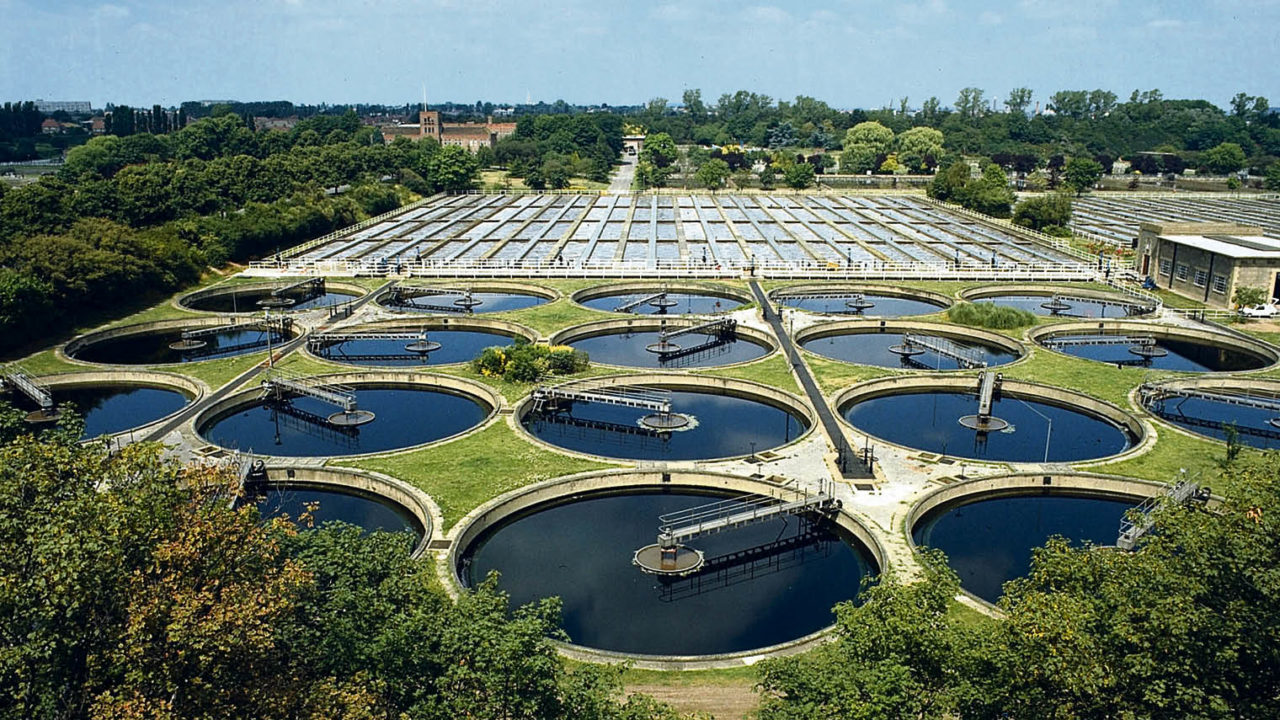
As per the World Bank India is the biggest consumer of fresh water in the world, using annually 750 billion cubic meters approximately. Our country has nearly 17-18 percent of world’s population, although we do not have more than 4-5 per cent of the world’s water resources.
The Central Pollution Control Board (CPCB) has estimated few years back, that by 2030, demand for water may rise to 1.5 trillion cubic meters. India lacks adequate infrastructure and awareness with regard to wastewater recycling. This resulted in over- exploitation of India’s water resources, and till now the existent mechanisms on wastewater recycling are not that efficient. Therefore the water crisis is a looming danger that one should be cautious of.
The per capita availability of water in India is estimated to fall towards 1,100 cubic meters by 2050. It was 1,800 cubic meters per year in 2001. Water used for sanitation purposes is rarely recycled in India’s urban areas, and as per survey reports merely 30 per cent of India’s wastewater is recycled. Our country lacks proper financing and designs for the wastewater recycling infrastructure, especially urban areas. The sewage systems have not been designed as per global standards, and most of the urban India’s sewage systems lead directly to rivers or lakes, without treatment.
The cost of setting up of wastewater treatment plants and restructuring of sewerage systems is one of the biggest challenges, and as estimated by the Centre for Science and Environment, India requires around Rs. 1 crore per million liters for setting up a wastewater plant. Therefore adequate support from the government and private sector is needed; otherwise it will be really difficult for urban and rural India to afford the construction of such plants, and would rather prefer discharging wastewater directly into the water bodies. In urban India, setting up of wastewater plants is tough also because of unavailability of suitable land. Land is highly expensive in the urban areas. Lack of continuous power supply and skilled labor force, are other major challenges faced while setting up of wastewater treatment plants in the country.
The role of Swachh Bharat Abhiyan in addressing the issue of wastewater treatment has been significant since last 6 years. The mission has roped in experts from Gujarat Technological University and Bhabha Atomic Research Centre (BARC) to conduct research in context to developing low cost technologies for treating wastewater. Under this mission there has been an increase rural as well as urban sanitation coverage, and a number of private corporations have started taking interest in the sanitation and wastewater recycling process.
According to an article in the Tower Magazine, nearly 90 percent of the wastewater generated in Israel is reused thus making it the global leader in water recycling. Spain is the second largest nation for water reuse, which recycles 20 percent of its waste water. The water treated for reuse in Israel is predominantly used for agricultural irrigation. Roughly one tenth of waste water is used for environmental purposes, such as increasing volume of river flow or suppression of fire. Only 5 percent is discharged into the sea in the country. Israel has been able to survive drought and periods of water scarcity, through water conservation and reuse. It is high time that India should make steps to reduce the water recycling problems in near future.
Nearly 70 per cent of India’s wastewater goes directly into rivers and lakes. Experts feel that rather than setting up of wastewater plants, we should focus on the alternative methods of wastewater recycling which doesn’t burden the economy. Private corporations can make investments in this sector which can result in growth of small organizations associating themselves with wastewater collection, redirecting of wastewater to treatment plants and transportation of wastewater from remote locations to treatment plants. This will not only strengthen the entrepreneurial network in rural and urban India, but also address the issue of wastewater management to a large extent.
The water recycling system, if managed properly for next few years, will be beneficial for Indian in utilizing the reclaimed water as a vital point, for creation of new business ventures or economic opportunities in the longer run.









